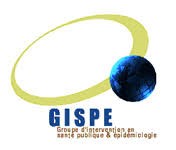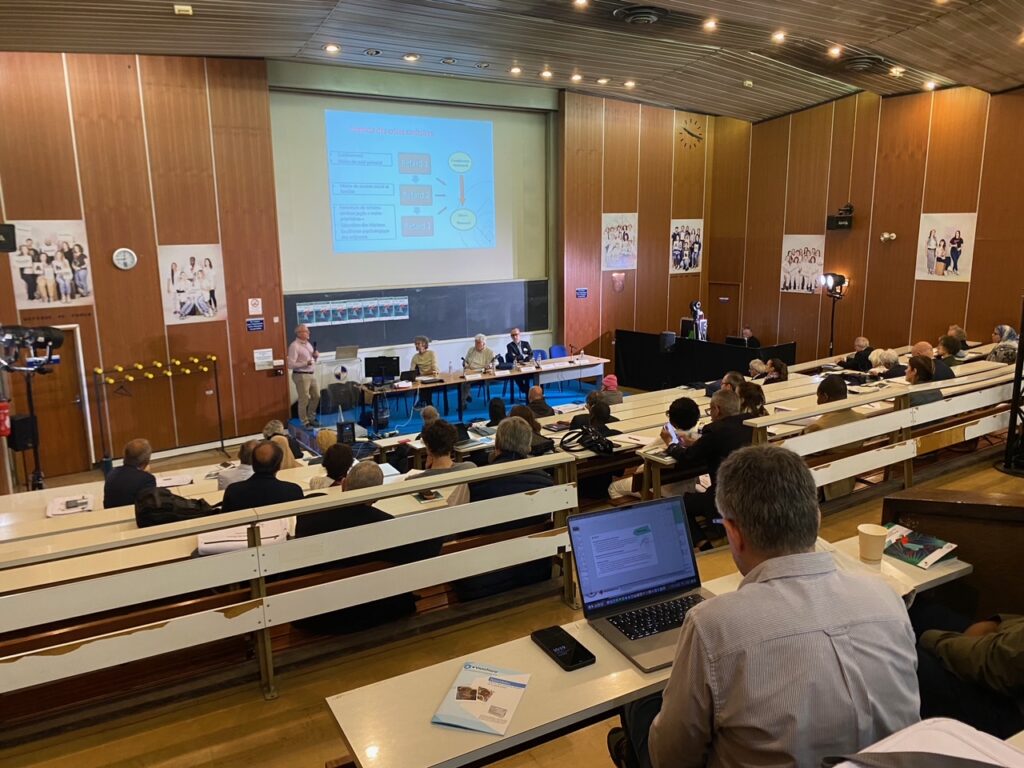These medico-tropical scientific days have been organized by GISPE – groupe d’intervention en santé publique et épidémiologie – since 2012. This year, they are devoted to two themes:
– Sport and health in tropical environments;
– Impact of crises on the health of local populations.
Armed conflicts, disasters and health crises constitute a public health problem that poses a serious challenge to the health systems of the often fragile and developing countries of the South. Women are among the most vulnerable for many reasons, some of them already present before the crises. The sexual violence and rape they frequently suffer contribute to an increase in unwanted pregnancies. Pregnant women face deteriorating access to health services, which are themselves under-equipped and poorly supplied with medicines and consumables. For example, the highest maternal mortality rates in 2017 were in countries most affected by armed conflict, such as Chad, South Sudan and Somalia. Another example is the latest WHO report on the state of the world’s population in 2021, which reveals an increase in maternal and perinatal mortality linked to the COVID-19 pandemic.
In terms of maternal mortality, WHO reports that nearly 95% of maternal deaths, most of which could have been prevented, occurred in low- and middle-income countries in 2020. And paradoxically, in post-conflict or post-crisis periods, we also encounter problems associated with the “overuse of the same care” that was lacking, or the “inappropriate use” of certain medical practices, particularly in refugee camps.
The most striking example is in the field of childbirth, with an alarming finding concerning the high rate of caesarean sections performed on refugee women in countries plagued by conflict and displacement. This is why, in times of crisis, reliable data on women’s health and reproduction are needed to inform public policy. Effective interventions exist to limit the impact of conflicts, disasters and health crises on maternal and reproductive health.
The QUALI-DEC research project aims to reduce the number of medically unjustified caesarean sections by providing pregnant women and healthcare professionals with tools to help them make informed choices about the mode of delivery and appropriate use of caesarean sections, particularly necessary to help refugee populations.
Presentations and discussions with people working in the field of research, care facilities and associations make up this event. Detailed program: http://www.gispe.org/Programme_Actus_2024.pdf
For more information on QUALI-DEC, visit our website or download our application: www.qualidec.com/en/home-en/
And access our MOOC: mooc.qualidec.com










